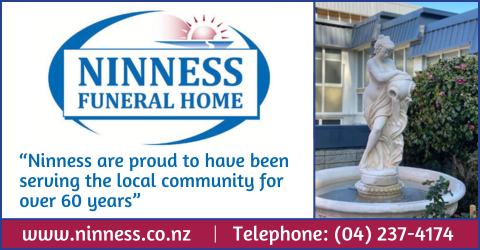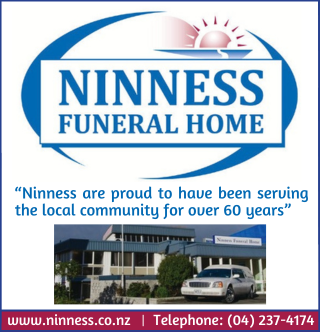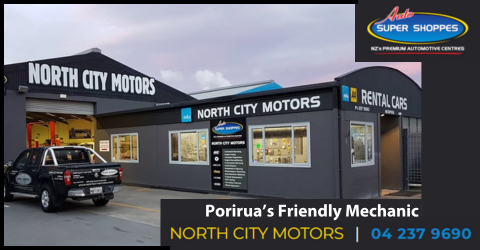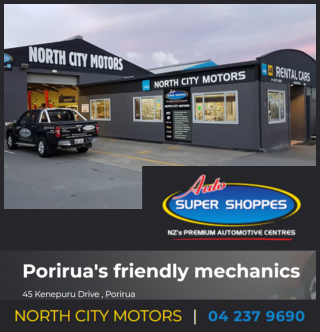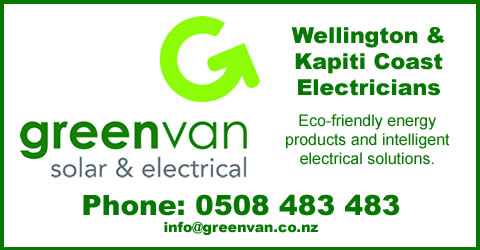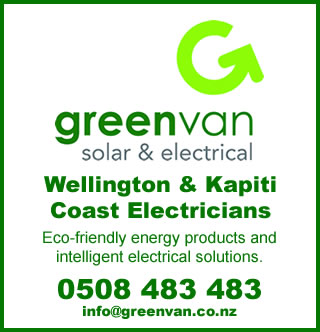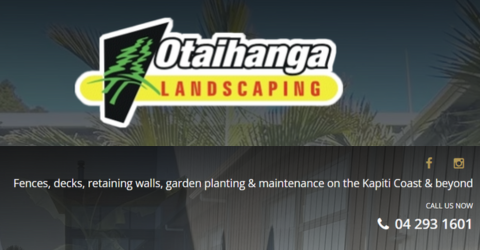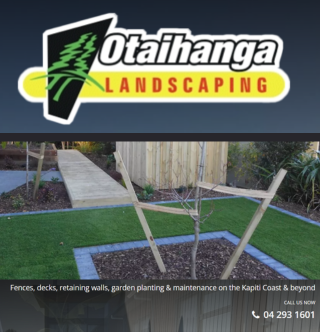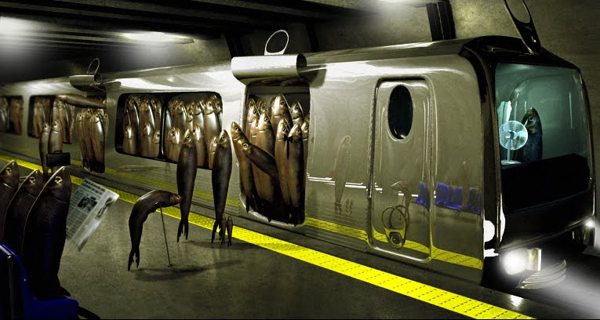
Greater Wellington and Horizons Regional Councils have secured $5m in funding from Waka Kotahi NZ Transport Agency to pursue a detailed business case, and commence procurement for regional trains which if delivered would prevent passengers from being packed like sardines within the next five years.
Waka Kotahi is fully funding the project which will enable the councils to complete a detailed business case, and undertake the procurement of the new trains which are expected to cost approximately $300m and bring greater capacity and frequency to a creaking inter-regional network.
Chair of Greater Wellington Regional Council Daran Ponter says this is “Thunderbirds are go!” for getting regional passenger rail moving again.
“Earlier this year the Government announced $211 Million for track improvements and this is another important piece of the puzzle. While the new trains will stop passengers being packed in like sardines in the next five years, we expect them to provide a resilient and reliable service that not only meets the needs of customers but also aids population and economic growth over the next 10-15 years,” says Chair Ponter.
Population growth in the Wellington region has accelerated much faster than forecast over the last five years according to census data which shows an increase of 35,000 people against an initial forecast of 24,000.
Wairarapa Councillor and Deputy Chair of Greater Wellington Adrienne Staples says that the regional trains would provide better connections between Manawatu, Horowhenua and Wellington.
“Getting new trains would be a great win for regional rail passengers and the economy. Passengers will benefit from more capacity and increased frequency and more connections between Manawatu, Horowhenua, Wairarapa and Wellington will provide economic benefits at a time when we need to look to smarter ways of working and connecting people,” says Deputy Chair Staples.
Patronage on the Wairarapa Line has grown substantially over the last decade from 680,000 boardings in 2009 to 780,000 in 2019, an increase of 15% over that period. However a more significant peak period patronage increase of 24% has been experienced over the same period.
Despite suffering declining patronage prior to 2011 the Manawatū Line has seen an annual average growth of 3.1% over the last four years.
Kāpiti Coast Councillor and Environment Chair Penny Gaylor says the business case funding and eventual funding for a new fleet would also be a win for the environment and for the people of Kāpiti.
“We’ve long championed electric or dual mode fleets to replace older diesel trains to lower carbon emissions and this funding brings us a step closer to that reality. Investing in a modern rail fleet also enables us to use the trains across the whole network, bringing extra capacity to Kāpiti passengers and encouraging more people to make the shift from cars to public transport.”
Greater Wellington and Horizons Regional Councils will now continue detailed investigations, including market assessments to better understand options, risks and costs, in a fast changing technology environment before completing the detail business case and undertaking the procurement process for new trains.


